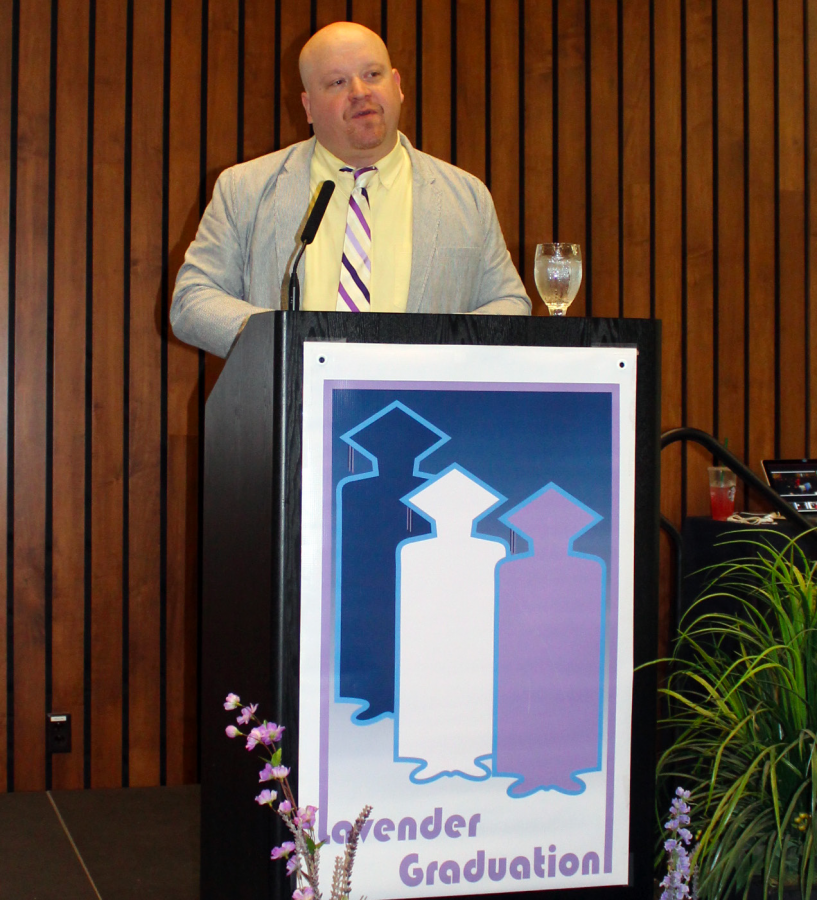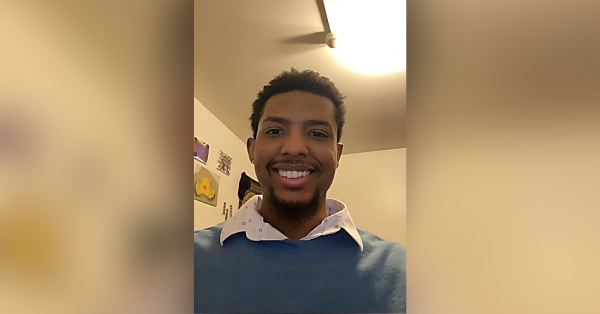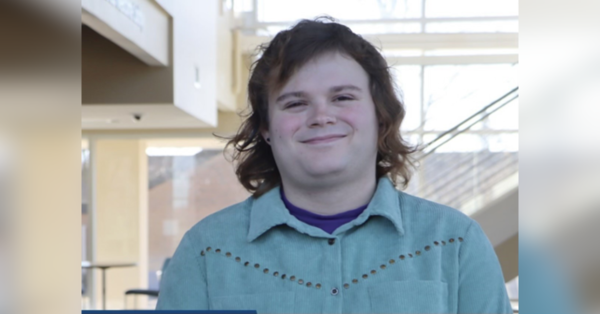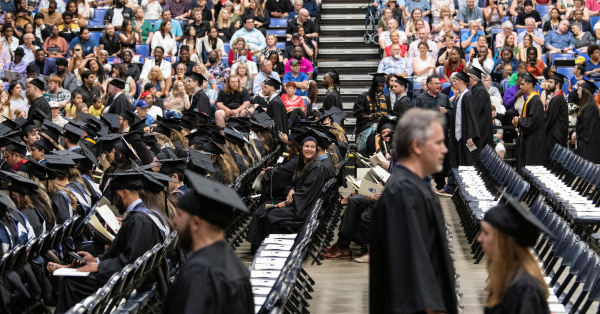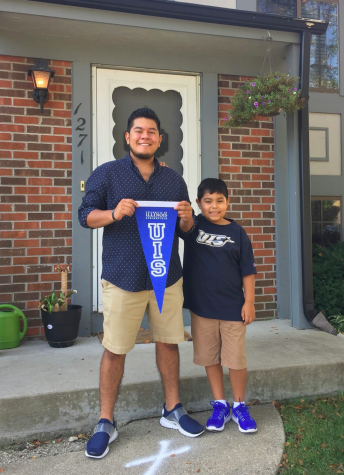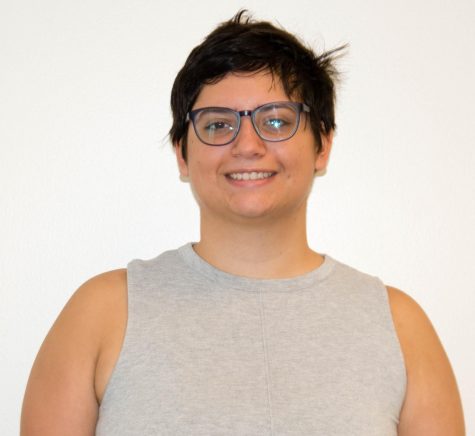Lavender Graduation
On Friday, May 10, the UIS Gender and Sexuality Student Services will be holding a Lavender Graduation ceremony in the Student Union Ballroom. The ceremony will start at 12 p.m. and will run until 2 p.m. Students and family members looking to attend this event must RSVP on the GSSS homepage. The link for this can be found by searching “UIS Lavender Graduation” on the UIS website.
The GSSS ceremony will open with a commencement speech delivered by an elected student. UIS students, faculty and staff can nominate an individual for this task, as well as a number of other awards on the RSVP link mentioned above.
According to Dre Duvendack, graduate assistant for GSSS, this ceremony is an “opportunity to highlight the achievements and contributions of LGBTQIA+ individuals and their allies to the university.” Duvendack also added that Lavender Graduation “is a really special event that I encourage people to attend.”
This tradition was first founded by Dr. Ronni Sanlo, a lesbian who was not allowed to attend the graduation ceremonies of her biological children. This event led her to create the first inclusive Lavender Graduation at the University of Michigan in 1995. Since then the tradition has spread to campuses across the United States.
Students attending these ceremonies typically receive a lavender cord to be worn at the main university commencement. This color was historically used by the LGBTQA+ activists of the Stonewall protests. For more information on the history of lavender graduations, I recommend the Human Rights Campaigns informative article. It can be found on their website by searching “Lavender Graduation” and the GSSS Lavender Graduation page.
Last year, there was some anonymous controversy about “exclusive” ceremonies like this. It is important to note that this ceremony is open to all students and faculty who want to support LGBTQ students. The ceremony is not meant to exclude, but rather recognize the minority students who attend impersonal university settings.



